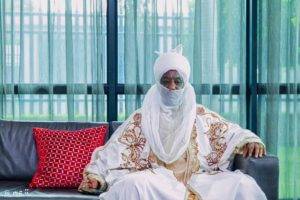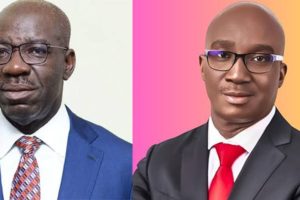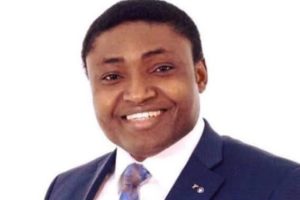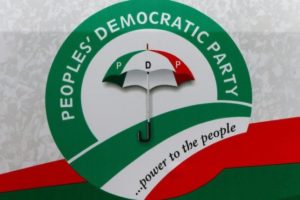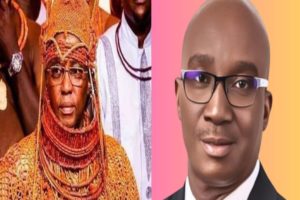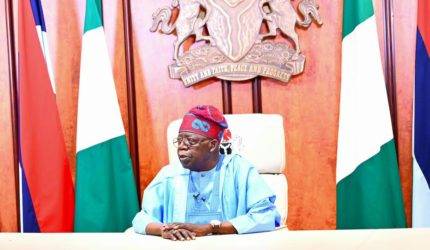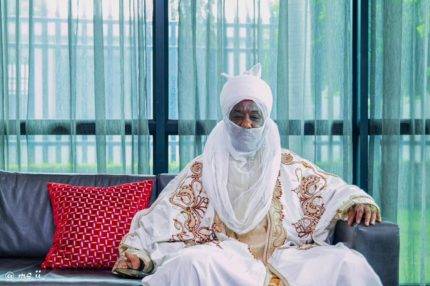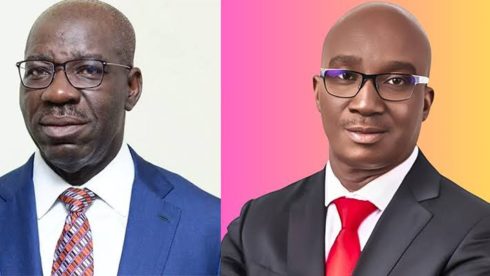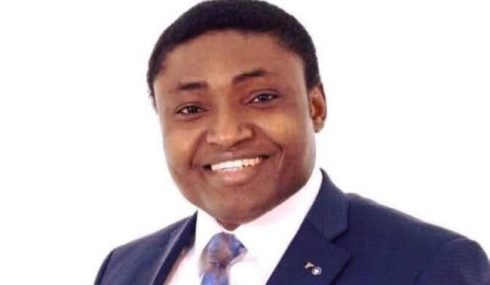Nigeria’s journey to democratic maturity reached a pivotal milestone with the celebration of its Silver Jubilee of uninterrupted democratic governance. Over the past 25 years, the country has seen a remarkable consistency in the peaceful transfer of power between different political parties, underscoring the robust commitment of key stakeholders to the principles of democracy. This steadfastness has been particularly evident in the face of recent challenges, such as separatist movements in the South-East and escalating insecurity in the North-East.
Despite these obstacles, Nigeria’s democratic institutions have remained resilient. The government’s approach has involved a delicate balance of military action and dialogue, aimed at maintaining national unity while addressing the root causes of unrest. This period of sustained democracy highlights a significant achievement for a nation that has experienced multiple military coups since gaining independence in 1960. The peaceful transitions between administrations serve as a testament to the nation’s progress and the enduring strength of its democratic framework.
Challenges and Evolving Opinions
While Nigeria has made considerable strides in consolidating its democratic processes through regular elections, public opinion about the progress over the past 25 years is divided. On one hand, persistent economic challenges and social inequalities fuel skepticism about the tangible benefits of democracy for the average Nigerian. Critics argue that the promises of democratic governance, such as improved living standards and equitable wealth distribution, remain largely unfulfilled.
Conversely, proponents of Nigeria’s democratic journey point to the significant advancements in civil liberties, including freedom of speech and assembly. These freedoms have allowed for more robust public discourse and open criticism of government actions, fostering a more engaged and informed citizenry. Analysts maintain that despite its imperfections, democracy offers a superior framework compared to military rule. “Democracy is never done,” says public commentator Bayo Alabi, highlighting that even in established democracies like the United States, the system is in a constant state of evolution. Scholars also stress that the context of Nigeria’s democratic development cannot be fully appreciated without acknowledging the pivotal struggles that followed the annulment of the June 12, 1993 presidential election.
MKO Abiola’s Legacy and the 1993 Election
The annulled June 12, 1993, presidential election, widely believed to have been won by Chief MKO Abiola, marks a significant chapter in Nigeria’s democratic history. This election, considered one of the freest and fairest in Nigeria’s history, was controversially nullified by General Ibrahim Babangida, leading to widespread protests and a renewed struggle for democracy. The subsequent regime of General Sani Abacha was marked by severe repression, with many pro-democracy activists jailed or killed, including Abiola himself, who died in custody while demanding the restoration of his mandate.
Abiola’s legacy is celebrated annually, particularly after former President Muhammadu Buhari officially recognized June 12 as Democracy Day in 2018, elevating its status from a regional to a national observance. This recognition is a testament to Abiola’s significant role in Nigeria’s democratic journey. His campaign, which ran on a Muslim-Muslim ticket in a country often divided along religious lines, showcased a rare moment of unity where Nigerians prioritized competence and integrity over ethnic and religious differences. The ultimate sacrifices made by Abiola, his wife Kudirat, and others highlight the high cost of the democracy that Nigerians now strive to protect and enhance.
Return of Democracy in Nigeria’s
The sudden death of General Sani Abacha in 1998 marked a significant turning point in Nigeria’s political landscape. This event paved the way for the nation’s transition from military to civilian rule. General Abdulsalami Abubakar, who succeeded Abacha, made a pivotal decision to return the country to democratic governance, a move met with cautious optimism both domestically and internationally. Abubakar’s administration set the stage for the first democratic elections in 16 years, culminating in the historic election of Olusegun Obasanjo as President in 1999.
Olusegun Obasanjo, a former military head of state who had been imprisoned by Abacha, was seen by many as a symbol of the resilience of democracy. His presidency, however, was not without its criticisms. Obasanjo’s tenure raised significant concerns about the integrity and accountability within Nigeria’s nascent democratic system. Despite these challenges, the peaceful transition of power between political parties, notably the unprecedented defeat of an incumbent president by an opposition candidate in 2015, underscored the country’s commitment to democratic principles.
Looking Ahead
The election of Bola Ahmed Tinubu as President in 2023 marked another chapter in Nigeria’s democratic journey. Tinubu, a former governor of Lagos State, was known for his focus on infrastructural development and economic reforms. His victory reflected the electorate’s desire for tangible progress and effective governance. As an advocate for the recognition of June 12th as Democracy Day, Tinubu symbolizes a new generation of leaders dedicated to addressing the country’s longstanding economic and social challenges.
Looking forward, the next 25 years of Nigerian democracy must prioritize the improvement of living standards for ordinary Nigeria citizens. This involves tackling pervasive issues such as corruption, unemployment, and inadequate healthcare and education systems. Additionally, strengthening democratic institutions to ensure transparency, inclusivity, and citizen participation is crucial. By investing in these areas, Nigeria can build a robust and inclusive democratic society where every citizen has a stake in the country’s future. The journey ahead is challenging, but with committed leadership and sustained effort, the promise of democracy can be fully realized for all Nigeria citizens
Table of Contents
Discover more from OGM News NG
Subscribe to get the latest posts sent to your email.

